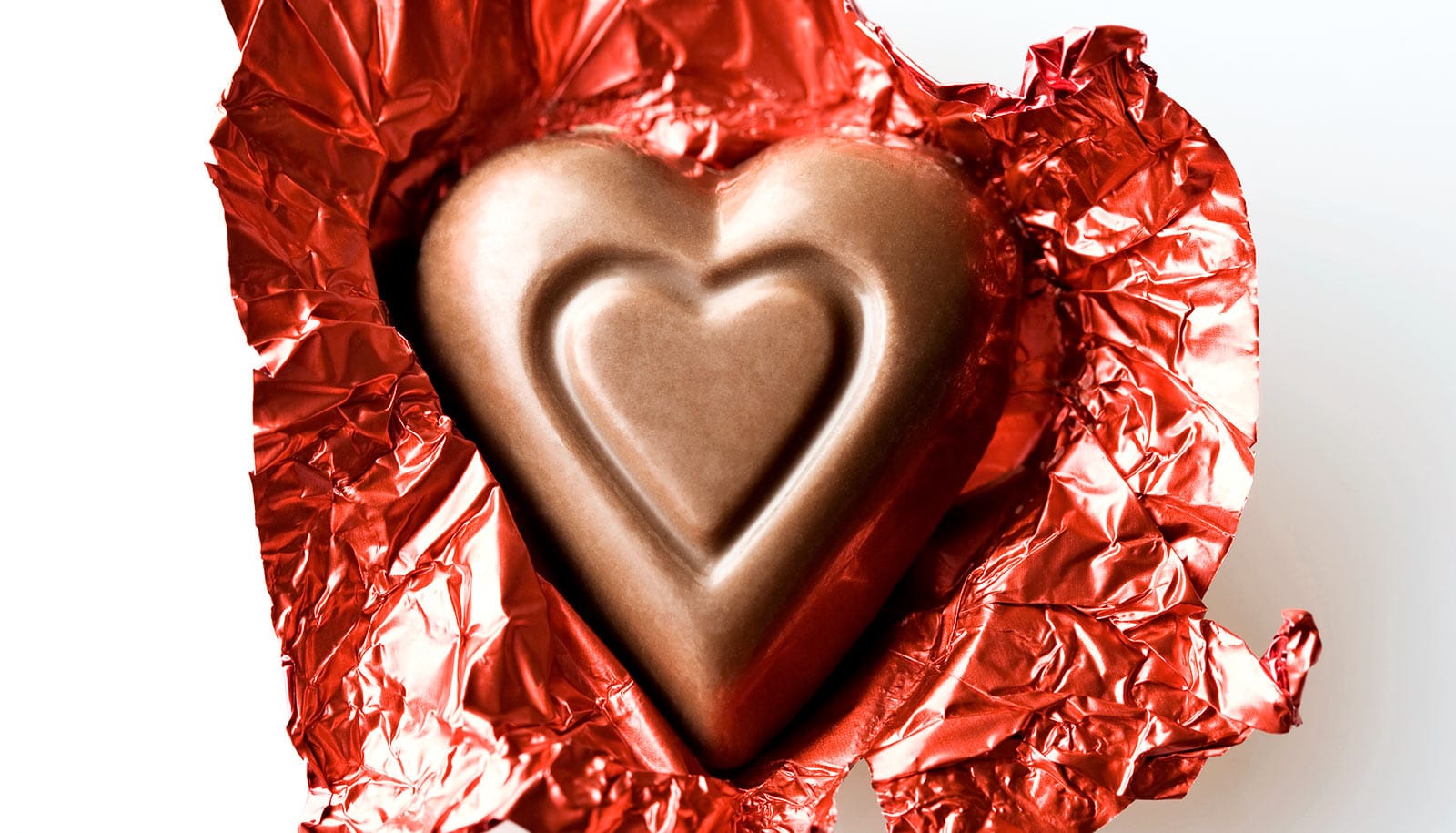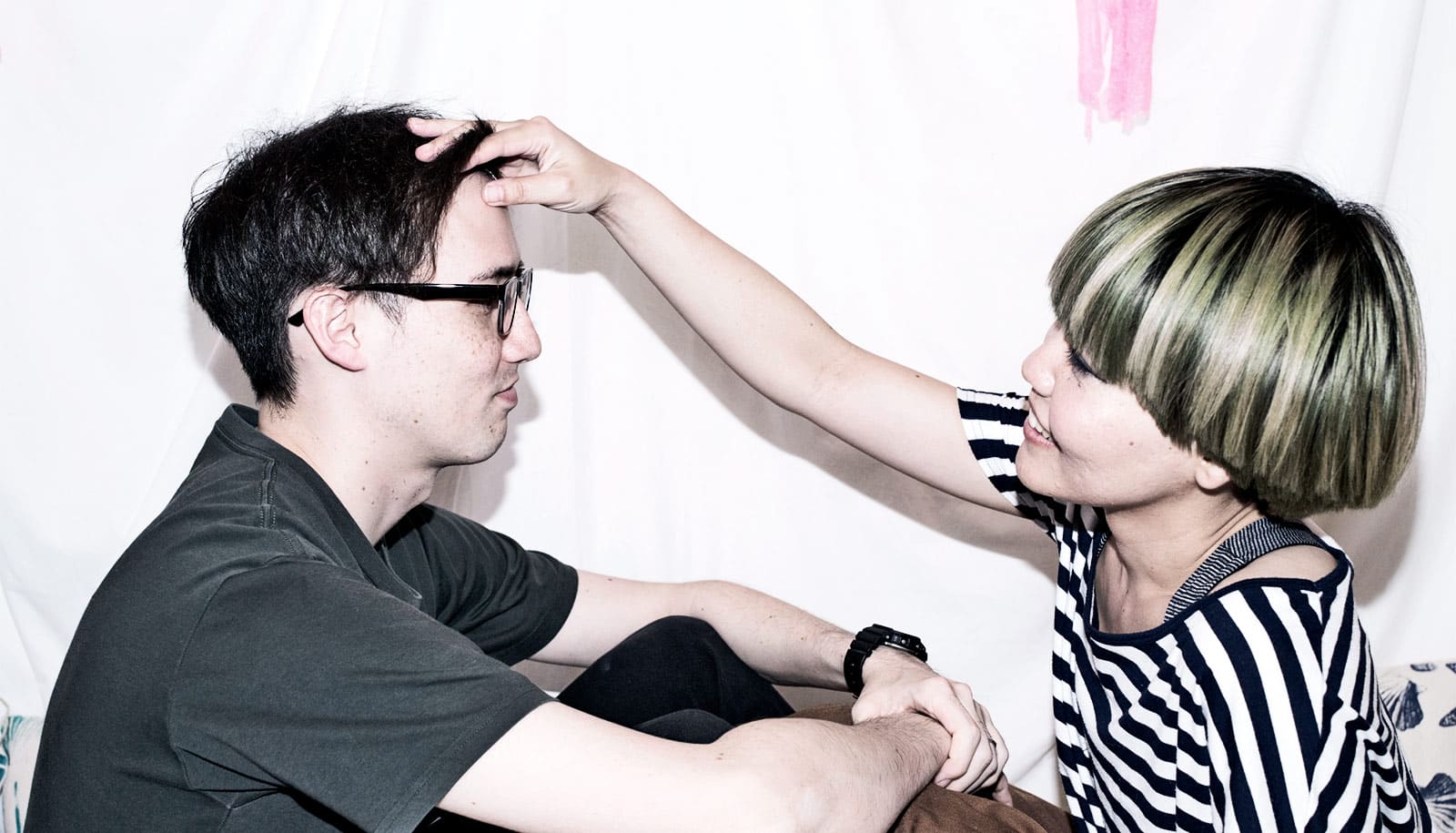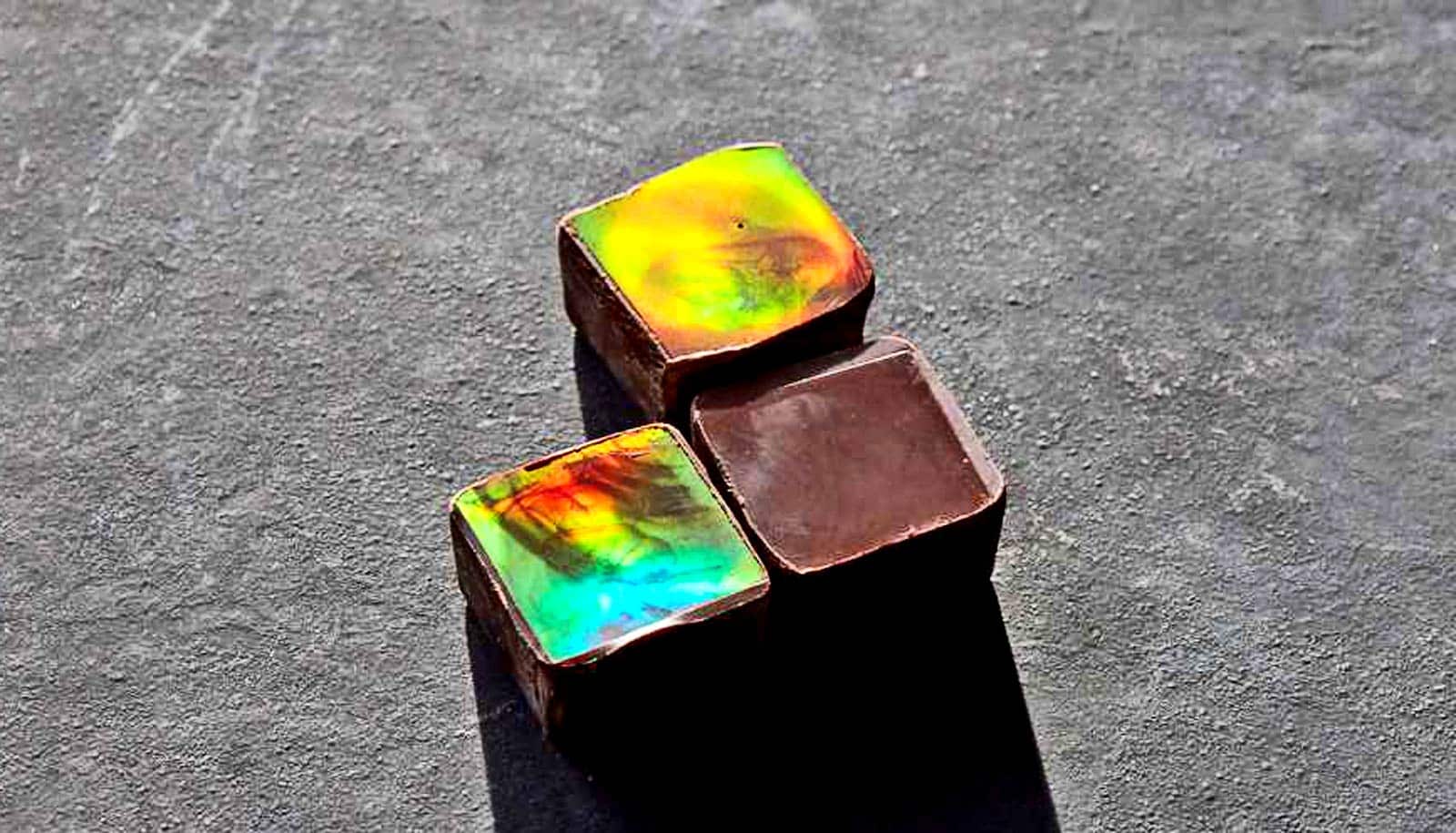The idea that chocolate is an aphrodisiac is “just wishful thinking,” says psychologist and neuroscientist Don Katz.
Many people who love its decadent taste will give it as a gift to that special someone on Valentine’s Day. And some of those people will do this because they think chocolate is a catalyst for romance. But are they right?
Katz, a professor of psychology and neuroscience at Brandeis University, studies taste and the senses and can provide some insight for those who want to celebrate the occasion by purchasing a heart-shaped box of bonbons.
Here, he busts a few myths about the delicious treat, including the idea whether women get more out of it and whether it really boosts romance:
Valentine’s Day and chocolate seem like a basic combination. What does science tell us about giving chocolate as a gift as a way to recognize the holiday?
There’s a somewhat popular belief that chocolate will mean more to females than males, and I think this idea comes from our culture and social influences like really clever marketing.
Taste tests say otherwise. In one experiment of college-age men and women, testers were blindfolded and given chocolate. All of the testers says they felt better after consuming the chocolate—there was no gender difference.
However, the test was done a second time with the blindfolds off. This time, participants picked up the chocolate themselves and unwrapped it. In this test, a significant gender difference appeared wherein the women says they felt more relaxed than the men.
What are the implications of that experiment?
The interpretation is that there is zero real difference between males and females, at least as it applies to chocolate.
Social beliefs coupled with advertising—women, in particular, being told told they need delicious chocolate—as well as stimuli in the brain priming you to taste the sweetness of chocolate, activate a person’s acceptance of what they’re about to consume.
Does this mean it is incorrect to identify chocolate as an aphrodisiac?
I don’t think there’s a lot of evidence that it’s an aphrodisiac. Certainly the only things in commercial chocolate that are psychoactive are caffeine and sugar, but there’s not enough of either to boost your level of arousal in a significant way—only in terms of having more energy.
The talk of chocolate—or any so-called aphrodisiac, be it oysters, chocolate, or unagi sushi—having aphrodisiacal qualities is just wishful thinking. There’s no scientific evidence showing any foods contain compounds that enhance romance.
But we are still conditioned to like the sweetness of chocolate, correct?
Pure chocolate can be nasty and bitter, which is why manufacturers around the world add sugar to it. You don’t need to add much sugar to the chocolate to see a beautiful transformation in its taste.
Sweet stimuli in the brain also inhibit bitter stimuli. If you were to take pure chocolate and put it on your tongue, you’d activate the bitter stimuli in your brain. If you were to add only a little bit of sugar, you’d activate the sweet stimuli which massively predominate the bitter stimuli.
For humans, that sweetness can be translated to joy.
You study taste and the senses and have experimented with cocoa in your laboratory. Without the sugar, would we even like chocolate?
I use raw cocoa—which again, is quite bitter—as a stimulus in my experiments with rats.
Well-fed rats won’t go near the cocoa because of its bitter scent. In my experiment, I withhold food from a rat until it is forced to eat the bitter cocoa so it can survive. I then introduce that previously-hungry rat to a well-fed rat, which will then eat the cocoa despite its bitterness because it smelled the cocoa on the other rat.
It’s really uncommon for a rat to encounter another rat that is alive, but ill. In the rat world, you’re either alive or dead. When you smell something on another rat and that rat is healthy, it’s a big deal. If it wasn’t healthy to eat, that rat would be dead.
You can conduct this experiment with different substances, but it is most remarkable to see it unfold with cocoa.
So why is chocolate so delicious to humans?
The sweet taste being pleasing to us is basic and biological because of evolution, which makes us like sweet-tasting things.
But it wouldn’t be that way without the added sugar. There is nothing else in chocolate known to have addictive qualities.
Source: Brandeis University



